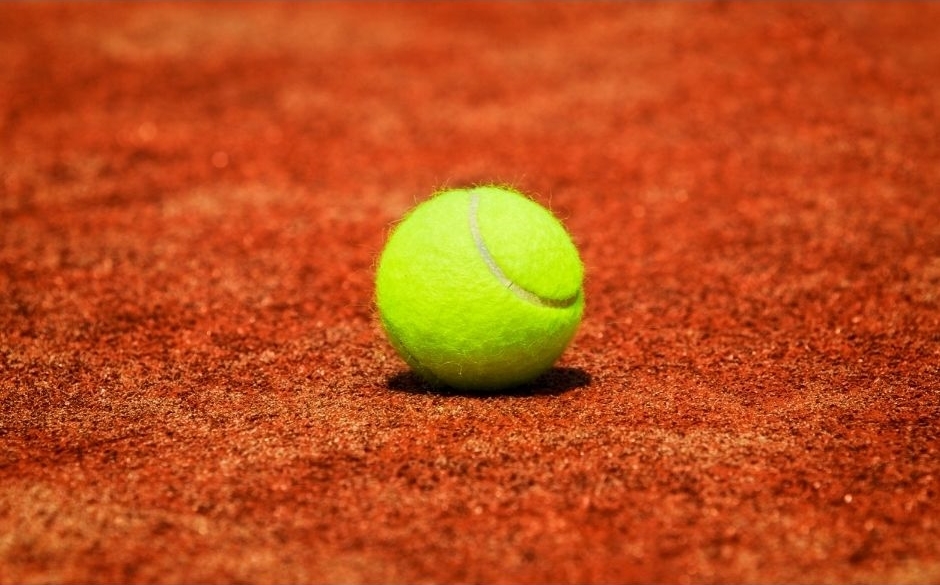Novak Djokovic, arguably one of the best players in the history of the sport, seems to be much better at winning matches on the tennis court than popularity contests in the media. As of time of writing, Djokovic is back in his home town of Belgrade, Serbia.
However, the biggest loser is not the Serbian tennis player, but the sport itself. And, the saga has put Australia’s immigration laws under a microscope once again.
After a 10-day face-off with Aussie authorities, largely due to his own unforced errors, Djokovic was shown the way out from his favourite and most successful Grand Slam tournament, which he’s won nine times to date.
He was also slapped with a three-year ban on re-entry to Australia, with the possibility that Australian Prime Minister Scott Morrison may revisit the punishment under the “right circumstances.”
The events around Djokovic’s arrival in Australia over the past week-and-a-half have been a rollercoaster ride, ranging from almost certain participation in the tournament to almost certain rejection of his entry visa. Even a jail sentence was mentioned as a possibility.
Here’s a brief recap: Djokovic had originally been granted a medical exemption to enter Australia by two different independent health panels, one commissioned by Tennis Australia, the other by the state government of Victoria, after testing positive for coronavirus in mid-December.
However, the Australian Border Force detained him on Jan. 5 for not meeting federal coronavirus requirements, and his visa was revoked.
Djokovic’s legal team challenged that decision in the Federal Circuit Court of Victoria, which decided in favour of Djokovic on Jan. 10, ordering his release from the hotel where he was being held in quarantine along with other migrants — the same hotel where previous guests have reportedly complained about maggots in their food.
But the country’s Immigration Minister Alex Hawke then overruled that decision using his discretionary right, which was upheld by a full three-judge bench of the Federal Court on Jan 16.
Djokovic’s legal representatives challenged that decision in Victoria’s Court, which decided to transfer this hot-potato case to the Federal Court, which in turn decided against Djokovic and ordered him to leave the country on Jan. 17.
A simple case?
From the point of view of the Australian authorities and a large part of the public, the case was simple: If you want to get to our country, you need to abide by our rules, and no one is above the law. Australians have had one of the strictest policies regarding the COVID-19 epidemic, including making vaccinations mandatory for visa applicants.
This strict immigration policy is part of the current administration’s re-election pitch, and they are not shy to boast about what they see as efficient policies.
However, things are not as simple as they seem, and the polarizing effect this case has had on worldwide audiences has spread over social networks and media like wildfire.
Djokovic does not like vaccines, and he is not alone in this. Personally, I do not agree with anti-vaxxers, and I believe their concern is misplaced. Some of them are my close friends, and one of them is a medical doctor with the highest reputation in his field.
I spent many pointless hours arguing on this issue, and I know one thing: their belief in the harmfulness of vaccines is very real to them, and they feel violated if forced to take jabs. Some of them refuse to be subject to vaccination just because they think the freedom to choose what goes into their bodies is an elementary right. To the rest of us, such an attitude appears to be self-centered, selfish, reckless and dangerous.
Djokovic is arguably one of the mentally strongest players in history. To get there, one needs to operate on an elaborate system of beliefs and principles, even if those belong in the oddball category — and Djokovic is no stranger to tinfoil hat ideas.
He often travels to the Bosnian town of Visoko, where the alleged “Bosnian pyramid of the Sun” (in fact a natural formation) is located, to recharge and meditate. After firing Boris Becker as his main coach, he hired the Spanish tennis player-turned-spiritual-guru, Pepe Imaz, whose techniques included sending positive thoughts to a bowl of rice.
But don’t call Djokovic a crackpot as yet. Most people who know him have only good things to say about his personality. He stands firmly on his two feet, speaks five languages fluently, is very friendly with his fans and is a true humanitarian.
His foundation donated millions to people in need, including a million euros to Italian hospitals to fight COVID-19, another million to Serbian hospitals, and he personally donated $25,000 to the victims of the wildfires in Australia a few years ago. He made a personal choice to not get vaccinated, but he encouraged others to do so, and he was never vocal about his attitude towards the jabbing.
More questions than answers
Should that absolve him from the Aussie arrival rules?
Probably not, but perhaps we should ask different questions: Why are the Australian rules so xenophobic, strict and inflexible? Should a court decision be allowed to be overruled by an immigration minister who uses a celebrity case to score political points? Why are unvaccinated people forced to change their minds despite their convictions instead of being given a non-binary choice? Should we ask ourselves how much freedom (if any is left) we should sacrifice for the sake of safety? (Side note: At some airports we still have to take off our shoes just because one single guy, unsuccessfully, tried to blow a plane with a shoe bomb decades ago).
Also, Djokovic is a millionaire and one of the most successful athletes in history. He has a home and family to go back to. But what about all those people who he – courtesy of the Australian government – spent days locked up with in a Norman Bates-like hotel? Is anyone going to shed a tear or spend days arguing about their predicament on Twitter?
Along with the noble sport of tennis, they are the real victims of this ugly political game – and that game is at a breakpoint.
Zoran Vidic is a communications and public relations specialist, open source analyst, reporter, writer and editor with over 15 years of experience in Canada and Serbia. Zoran holds a BA in journalism and political science from the Belgrade University in Serbia, and a MA in journalism from Carleton University in Ottawa. Vidic has been living in Kyiv, Ukraine since 2017.




